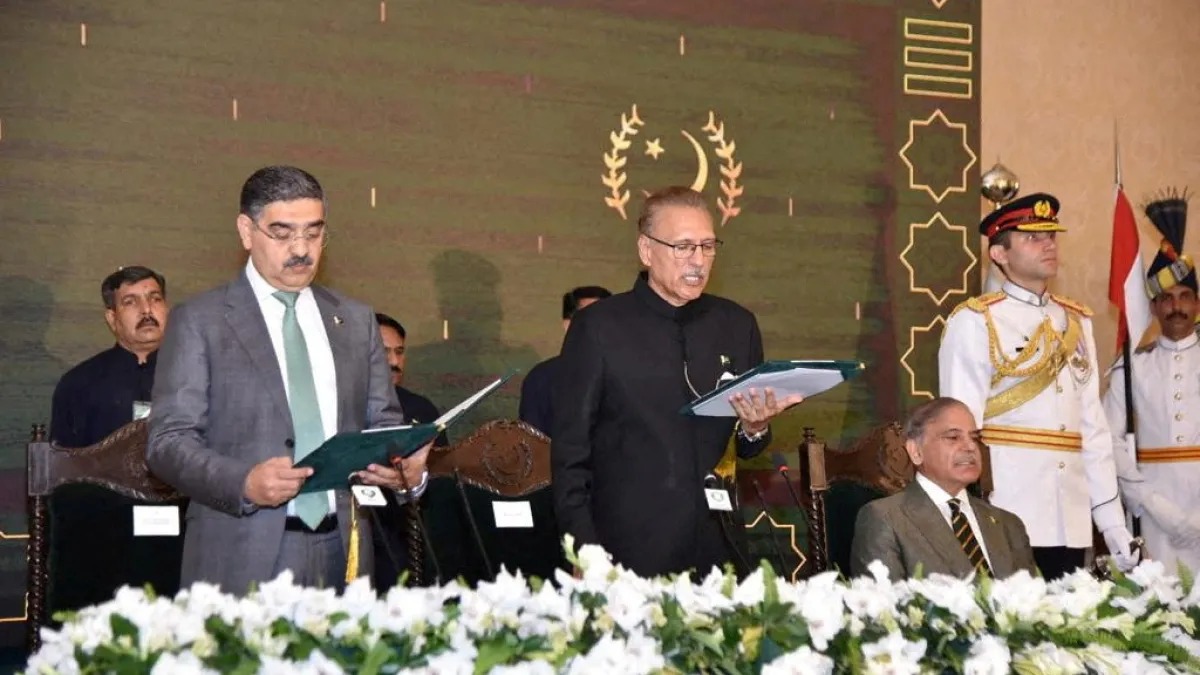The current caretaker government of Pakistan, led by Prime Minister Kakar has achieved a significant milestone by completing 149 days in office, making it the longest-serving caretaker setup in the country’s history. This interim government, established to ensure free and fair elections, has surpassed the tenures of previous caretaker administrations. However, there are speculations that the caretaker period might be further extended due to the upcoming elections.
The concept of a caretaker government in Pakistan was introduced in 1985 to oversee the period between the dissolution of the National Assembly or a provincial assembly and the subsequent general elections. The primary objective of the caretaker government is to facilitate the conduct of transparent and impartial elections. The current caretaker setup, under the leadership of Prime Minister Mir Hasil Kakar, has been entrusted with the crucial responsibility of overseeing the electoral process and maintaining the day-to-day functioning of the government during this transitional phase.
The extended duration of the caretaker government’s tenure has sparked discussions and debates regarding the potential implications of a prolonged interim period. With the upcoming elections on the horizon, the possibility of further extending the caretaker period is being contemplated. This situation has led to a heightened focus on the role and powers of the caretaker government, particularly in light of recent legislative amendments that have conferred unprecedented authority to the interim setup.
The caretaker government, traditionally tasked with conducting elections and refraining from making significant policy decisions, now finds itself in a unique position due to the enhanced powers granted by recent legislative changes. This development has raised concerns and prompted analysis regarding the potential impact of an empowered caretaker setup on the country’s political landscape and governance dynamics.
Furthermore, the tenure of the current caretaker government has coincided with a period of significant political developments and challenges, including the arrest of former Prime Minister Imran Khan on corruption charges. Kakar is confronted with the responsibility of navigating these complex issues while upholding the principles of democracy and the rule of law. As the caretaker government continues to oversee the transitional phase leading up to the elections, the unprecedented duration of its tenure and the evolving dynamics of its authority have become subjects of intense scrutiny and analysis within the political and public spheres. The implications of an extended caretaker period and the potential ramifications of the recent legislative amendments are being closely monitored as Pakistan’s political landscape undergoes a period of transition and transformation.
Kakar has achieved a historic milestone by becoming the longest-serving interim setup in Pakistan’s history. The unique circumstances surrounding the extended tenure of the caretaker administration and the implications of recent legislative changes have sparked widespread discussions and assessments. As the country prepares for the upcoming elections, the role and authority of the caretaker government have assumed heightened significance, shaping the ongoing political discourse and governance dynamics.


